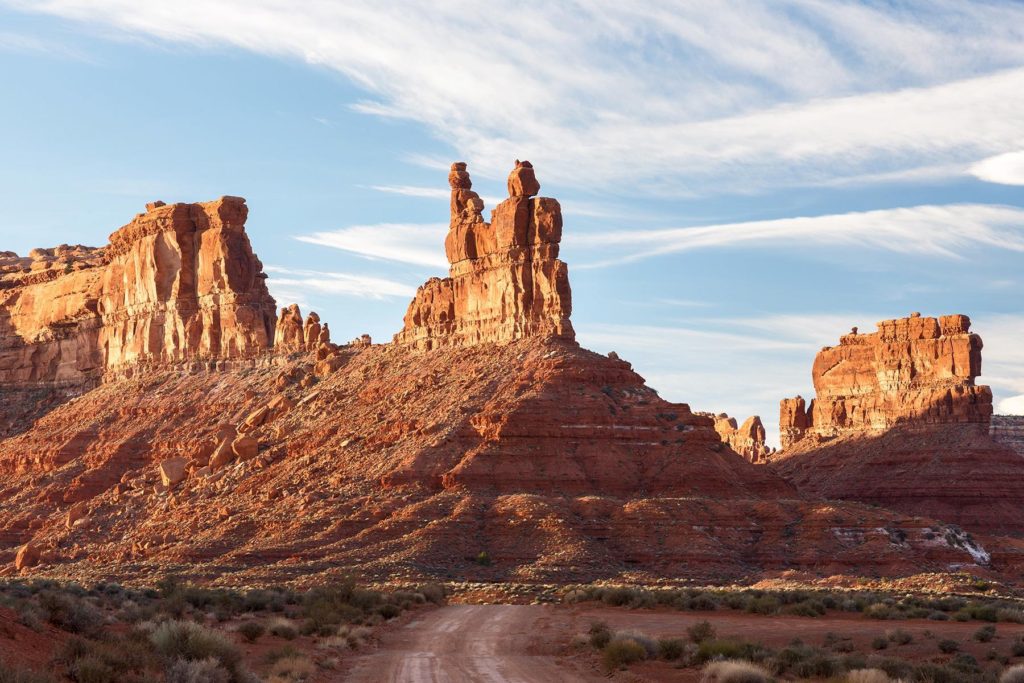Friday
With the onset of summer and the ebbing of the pandemic, America will start traveling again. Many will head for our national parks, which took a hit under four years of Donald Trump. When I think of his assault on our natural treasures, an angry John Clare poem comes to mind.
The National Park Conservation Association lists 145 ways the Trump administration degraded our parks. Jonathan Jarvis and Gary Machlis, two men long associated with the National Park Service, single out some of the low points:
We watched in dismay as the Trump administration systematically dismantled the last 50 years of conservation successes for our national parks and public lands and waters. Focused on grift and privatizing what belongs to all Americans, Donald Trump and his appointed officials took advantage of weak laws, a distracted public, hard-to-follow administrative actions, and their own deep animus against science and professional land managers to profoundly harm American conservation.
We should all be shocked by how easy it was. In just four years, Trump opened 9 million acres to oil and gas development, made it easier to kill migratory birds without consequence and opened drilling next to Chaco Culture National Historical Park in New Mexico. His administration made it legal to shoot female grizzly bears with cubs in their dens, undermined scientific integrity and decimated the professional and scientific workforce. He reduced Utah’s Bears Ears National Monument to an inadequate remnant. That is far from a full list of the administration’s inventory of harms.
John Clare (1793-1864) was a peasant-turned-writer who has been described as “the quintessential Romantic poet.” Until his collection Rural Life gave him a financial alternative to farming, he made his living by gardening, ploughing, threshing, and lime-burning.
In his lengthy poem The Village Minstrel (1817), he inveighs against the enclosing of the commons, which was land that had long been used as communal property. The despoliation is witnessed by Lubin, a peasant poet, whose use of the word “improvement” refers to how those confiscating the land trumpeted enclosure as progress:
But who can tell the anguish of his mind,
When reformation’s formidable foes
With civil wars ‘gainst nature’s peace combin’d,
And desolation struck her deadly blows,
As curst improvement ‘gan his fields inclose:
O greens, and fields, and trees, farewell, farewell!
His heart-wrung pains, his unavailing woes
No words can utter, and no tongue can tell,
When ploughs destroyed the green, when groves of willows fell.
There once were springs, when daisies’ silver studs
Like sheets of snow on every pasture spread;
There once were summers, when the crow-flower buds
Like golden sunbeams brightest luster shed:
And trees grew once that sheltered Lubin’s head;
There once were brooks sweet whimpering down the vale:
The brooks no more — kingcup and daisy fled;
Their last fallen tree the naked moors bewail,
And scarce a bush is left to tell the mournful tale.
I came across Clare’s poem while reading Wendell Berry’s Remembering, the subject of Tuesday’s post. Berry is attacking big agriculture, which is engaged in its own version of enclosure. The National Parks are our commons, and we need every poetic voice in the struggle to beat back these “formidable foes.”
